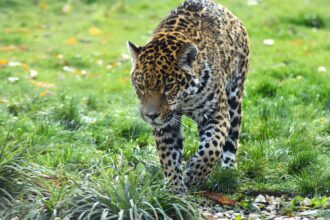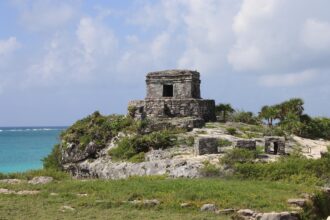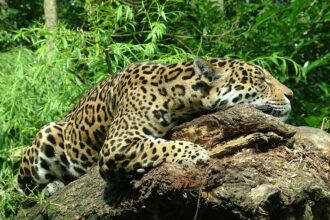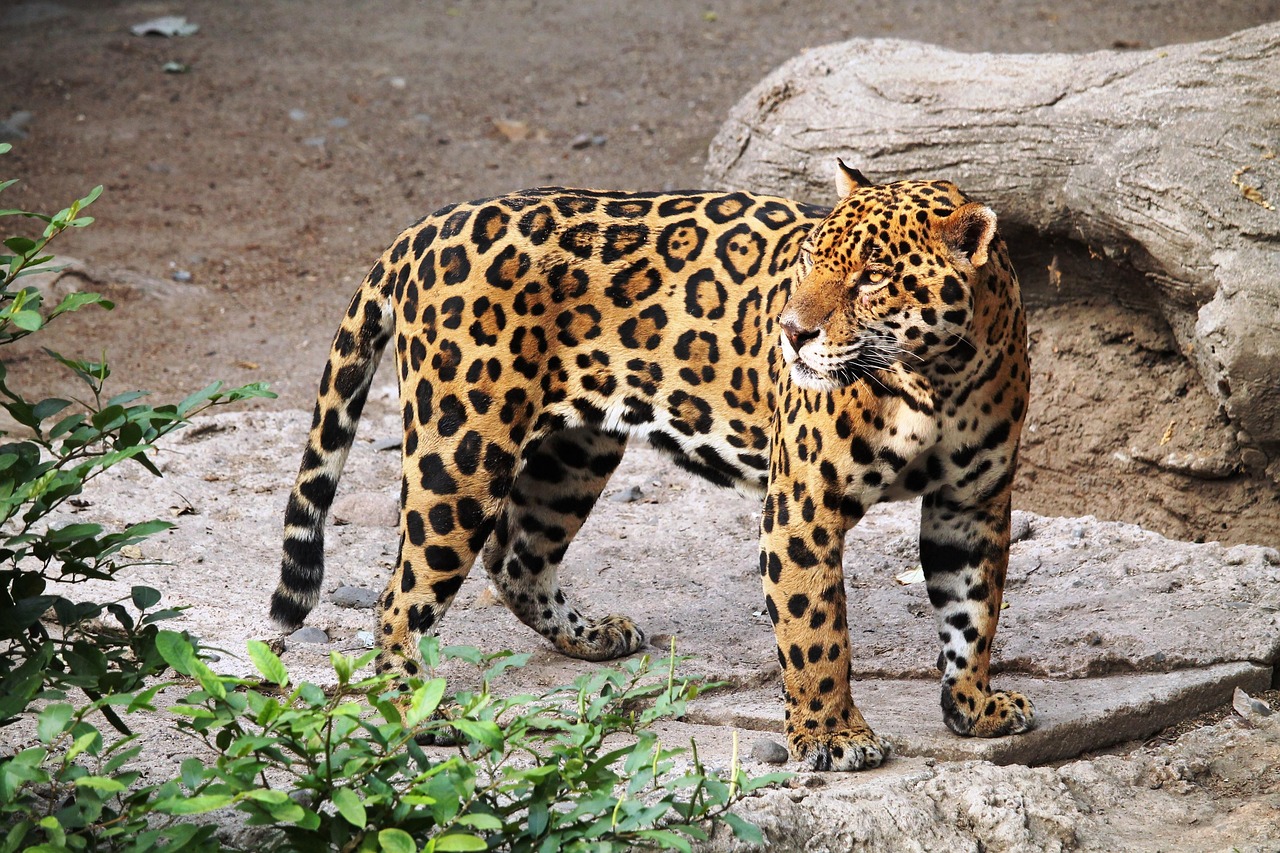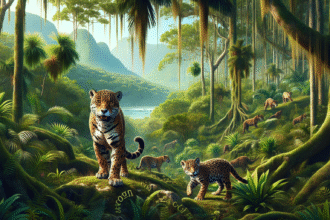Help Save Jaguars: Volunteer for Conservation Projects in Tulum
Understanding the Jaguar’s Critical Role in the Ecosystem
The jaguar (Panthera onca) stands as a symbol of wilderness and strength, playing a pivotal role in the ecosystems it inhabits. These magnificent big cats are top predators in their environment, maintaining the balance of populations of other animals and plant life. The presence of jaguars in a habitat helps control herbivore populations, preventing overgrazing and fostering biodiversity. However, due to habitat loss, poaching, and the illegal wildlife trade, jaguar populations are rapidly declining, making conservation efforts crucial for their survival.
The Importance of Conservation in Tulum
Tulum, located on Mexico’s Caribbean coast, is not just a picturesque destination known for its beaches and Mayan ruins; it also serves as a critical habitat for many species, including the jaguar. The Tulum region houses parts of the Mesoamerican Biological Corridor, a network of protected areas that facilitate wildlife movement and contribute to biodiversity preservation. By engaging in conservation projects in Tulum, volunteers can support localized efforts to protect the jaguar and its natural habitat while contributing to global conservation initiatives.
Opportunities to Volunteer for Jaguar Conservation in Tulum
-
Wildlife Monitoring Projects
Wildlife monitoring is foundational in understanding jaguar populations and their behaviors. Volunteers can assist ecologists in tracking jaguar movements through camera traps, a non-invasive method to gather data on population size and distribution. Volunteer efforts typically involve setting up, maintaining, and retrieving camera traps, analyzing photographs, and compiling data that will inform future conservation strategies.
-
Habitat Restoration Initiatives
Effective conservation cannot occur without preserving the jaguar’s habitat. Habitat restoration initiatives focus on reforesting deforested areas, removing invasive species, and restoring water sources. Volunteers can engage in planting native species, participating in trail maintenance, and helping coordinate educational programs for local communities about the importance of habitat preservation.
-
Community Outreach and Education Programs
Community involvement is crucial for the long-term success of conservation efforts. Volunteers can work with local NGOs to develop and implement outreach programs that educate residents about the significance of the jaguar in their ecosystem. Activities may include workshops in schools, community meetings, and developing informational materials to raise awareness regarding wildlife preservation.
-
Research and Data Collection
Engaging in scientific research is a vital part of jaguar conservation. Volunteers may assist in collecting data on prey populations, studying the effects of human encroachment on wildlife habits, or surveying the landscape for key habitat features. Research findings contribute significantly to conservation strategies, ensuring that interventions are based on empirical evidence.
-
Ecotourism Support
Sustainable ecotourism provides financial resources for conservation efforts while promoting awareness of local wildlife. Volunteers can help develop ecotourist guides focused on jaguar spotting tours, enhancing visitors’ understanding of the species and the challenges they face. By promoting responsible tourism, volunteers engage with both tourists and locals to foster a culture of appreciation and respect for nature.
Key Skills and Qualifications for Volunteers
While a passion for wildlife is essential, certain skills and qualifications can enhance volunteer experiences in Tulum:
- Wildlife Conservation Knowledge: A background in biology, environmental science, or a related field can be beneficial but is not always required. Committed individuals willing to learn often make excellent volunteers.
- Physical Fitness and Stamina: Many conservation projects take place in remote areas requiring physical activity such as hiking, planting, and manual labor. Volunteers should be prepared for outdoor conditions.
- Teamwork and Adaptability: Volunteers often work in groups and must be flexible in facing unexpected changes. Strong interpersonal skills help in fostering a cooperative atmosphere.
- Cultural Sensitivity: Understanding and respecting local customs and practices are crucial. Volunteers are encouraged to engage with the community respectfully and thoughtfully.
How to Get Involved
Interested individuals can begin their journey by researching conservation organizations active in Tulum. Many organizations offer structured volunteer programs that provide training, accommodation, meals, and support throughout the volunteer experience. Here are steps to facilitate the process:
- Research Organizations: Look for reputable conservation NGOs specializing in jaguar protection and their habitats in Tulum. Check reviews and testimonials from past volunteers to gauge the organization’s credibility.
- Apply Early: Volunteer slots can fill quickly, especially during peak tourist seasons. Early application increases your chances of securing a spot.
- Gather Necessary Gear: Depending on the project, prepare essential gear like sturdy hiking boots, weather-appropriate clothing, and personal equipment such as binoculars and a camera.
- Prepare for Cultural Exchange: Learning a few phrases in Spanish can enhance engagement with local communities and make interactions smoother.
The Impact of Your Involvement
Volunteering in jaguar conservation projects in Tulum provides more than just an opportunity to work in beautiful natural settings; it directly contributes to vital conservation efforts. Volunteers leave a lasting impact by:
- Enhancing Conservation Knowledge: Every task performed contributes to a greater understanding of jaguar habitats, leading to more effective conservation strategies.
- Fostering Community-Led Conservation: Volunteer work empowers local communities to take ownership of conservation practices, promoting long-term sustainability.
- Spreading Awareness: Volunteers become ambassadors for jaguar conservation, advocating for wildlife protection when they return home, amplifying the message through social media and word of mouth.
Through dedicated efforts and active participation in conservation projects, volunteers in Tulum can be part of a vital movement to save the jaguar and ensure that future generations can admire this majestic creature in the wild. The multifaceted approach to conservation work not only enriches the lives of volunteers but fosters a greater respect for the natural world and its intricate ecosystems.


